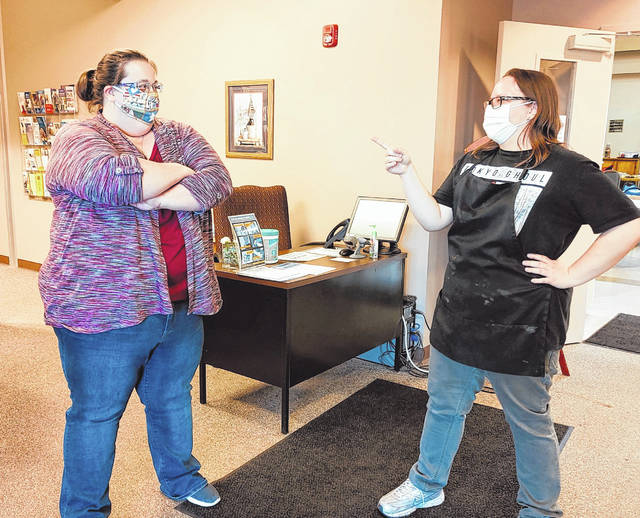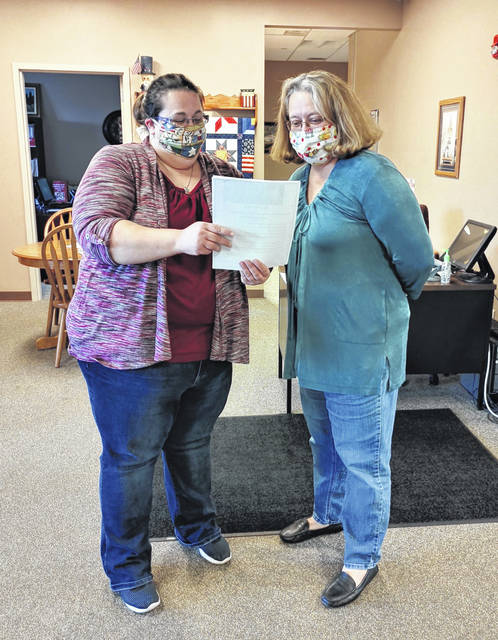

EATON — “I feel…”
At the PCCOA Senior Activities Center, our theme for April is communication. Now seems like a very important time to hone in on our communications skills, or simply make them a bit better as new and different situations and feelings rise up through us to be shared with others. One communication we can learn that is particularly good for expressing our feelings, and helping to resolve some of the problems that can be caused by poor communication is the use of “I messages” instead of “You messages.”
The “I message” allows us to express concerns or feelings, such as anger, frustration, etc., without blowing up, seeming to blame others or promoting defensiveness in others. “You messages” tend to do these thing as well, and can block further communications. In addition, “I messages” are a good way of constructively expressing anger and fear.
All of us have experienced communication problems at one time or another, or possibly more so now. Sometimes we are not clear about our wants and needs. Other times the people around us don’t understand us, and therefore don’t know how to approach or help us. It may appear that they don’t care, or that their attempts to help are inappropriate. Sometimes the subject we need to talk about is difficult to get started. If we can learn to communicate more effectively, then perhaps we can avoid some of these problems.
Here are some suggestions to help us improve our communication skills:
1. Identify: What is really bothering you and how you feel about it. This may not be easy, and may take some honest thinking to achieve.
2. Express your feelings: Constructively, in one of two ways
A. Use direct “I messages”: For example: “I feel I’m not being heard” is better than “You never listen to me.” When we first start using “I messages,” we need to watch out for hidden “you messages” that have “I feel” stuck in front of it, such as “I feel frustrated when you act like a jerk.” These messages are also good to use to express positive emotions and feelings to others, which can help improve our relationships.
B. Use “When this happen….I feel…” For example: “When I’m not able to talk about my plans for future health care, I feel frightened that my wishes will not be carried out.” For some, this way of expressing feelings might be easier than the more direct from mentioned above.
3. Listen attentively: Sometimes we are so anxious to respond that we don’t really hear what others are saying to us. Try waiting a few seconds after the other person has finished before responding. Good listening is the other part of good communication.
4. Clarify: Repeat what you think you heard using your own words, then ask for clarification. For example, “Something about discussing advanced directives bothers you. Can you tell me what it is?”
We invite you to practice these communication suggestions so that you feel seen and heard now and into the future. Take care, be safe, and stay home. If there is anything we can do for you, please call us at 937-456-4947.
This information comes from our Healthy U, Chronic Disease Workshop.
To stay up to date on all of our activities, trips and senior news sign up to receive our bi-monthly newsletter the “Senior Scene.” Membership at the Senior Center is $10 a year. In addition to other benefits, members automatically receive our bi-monthly “Senior Scene” newsletter which features all our latest news and activities, additional benefits are discounts on trips and select activities. Like our Facebook Page at https://www.facebook.com/preblecountycouncilonaging/ or give us a call at 937-456-4947. Visit our website at www.PrebleSeniorCenter.org.



